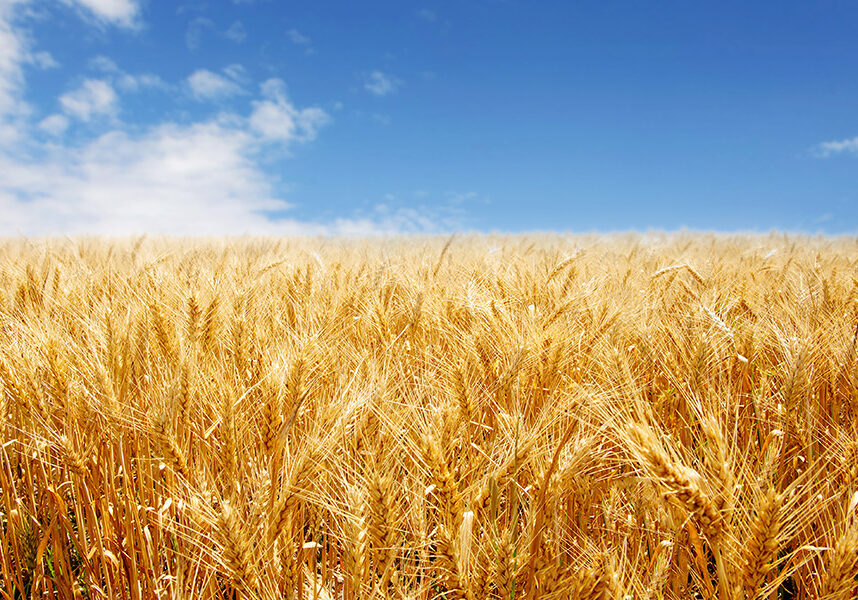
Just the other day, someone asked me if there was anything that surprised me in my year of being WAWG (Washington Association of Wheat Growers) president. I answered that I was a farmer, and that I’m used to things sometimes going sideways on the farm operation, and I’m used to having to make adjustments. It’s no different in my time with WAWG. I’m surrounded with an excellent executive director and staff and those that have served and still serve on the board. It’s a collaborative effort aiding my time serving towards growth for the wheat industry and encouraging others to join WAWG because we have to do more than just farm…we have to advocate for farmers, ag and wheat for as long as we continue to till the ground.
When my wife, Teri, and I were discussing my going through the chairs, I have to admit that I wasn’t sure I could go out and publicly speak to local, state and national representatives, senators and other organizations. All I could think about at that time was, “I’m just a farmer, and what do I have to say that would help make a difference?” My wife knew I could do this and encouraged me to take on this challenge. Being a farmer, I take on challenges every day, so I set out to take on another. What I learned was that everyone has something to say, and every voice is important. I learned that public speaking, while difficult, wasn’t going to stop me from advocating for wheat. I also knew that I could “work a room” and talk about wheat issues one on one. The wheat industry needs all of us, all of the time.
Before I even took on a county WAWG position, I thought that the industry was so big that you couldn’t change anything, but as a farmer, I could see that there were a lot of things that needed changing. Issues that concerned me included transportation of wheat to our customers (foreign and domestic); the dams; rail; pesticide regulations; state and local taxes; overtime regulations; and the riparian buffer issue. But with WAWG and the National Association of Wheat Growers, I could clearly see how we could definitely make some changes. I also took note of WAWG’s amazing state lobbyist, Diana Carlen, who has her boots on the ground and her ear to the door. She keeps WAWG notified of issues coming out of Olympia. In the following years, as I traveled up the chairs, I could see just how many individuals were working to safeguard the wheat industry, and I had a whole different perspective. Farmers and farms come in all different shapes and sizes. Some are small, some are big, some are multicrop, some are conventional, and some direct seed. But the bottom line is not a single one of us is better than the other in this business. We are all in this together.
My advice to those sitting back and watching but not sure about taking the leap to get involved with WAWG — JUMP IN and just DO IT! You will have no regrets in helping our industry; I sure don’t have any. I have gained knowledge, skills that I didn’t even know I had (like writing these articles), confidence, friendships, and the importance of networking. If we want to pass our farms to our children and grandchildren, we must be willing to move out of our comfort zone and help preserve our industry by staying involved at the county, state and national levels.
I have so enjoyed my role as WAWG president, and I may be stepping away from the presidency, but I plan to stay involved. I hope to see you at the annual convention in Coeur d’Alene, Idaho, at the end of this month. Have a good Thanksgiving, and let’s continue to count our blessings on all things farm.












